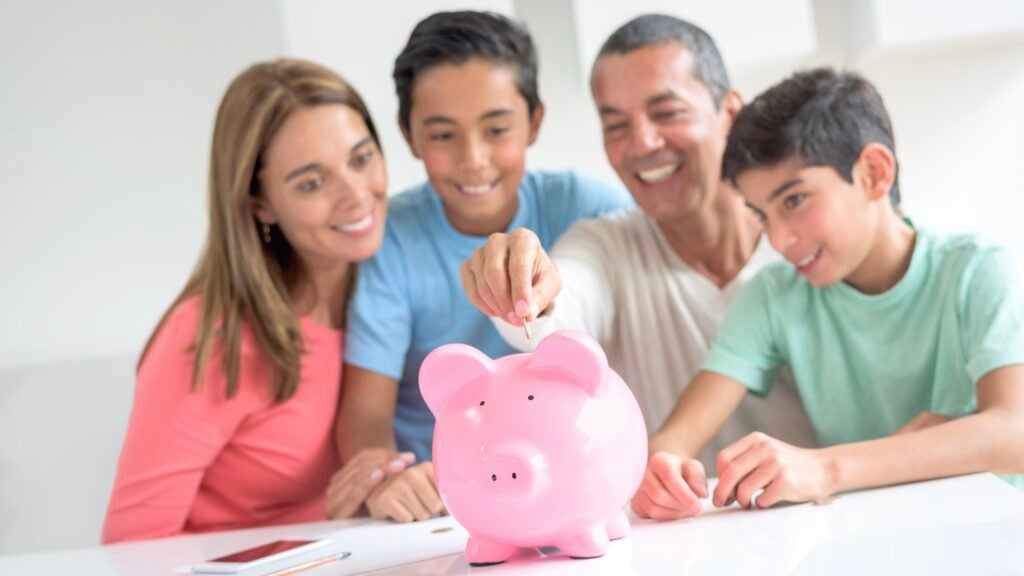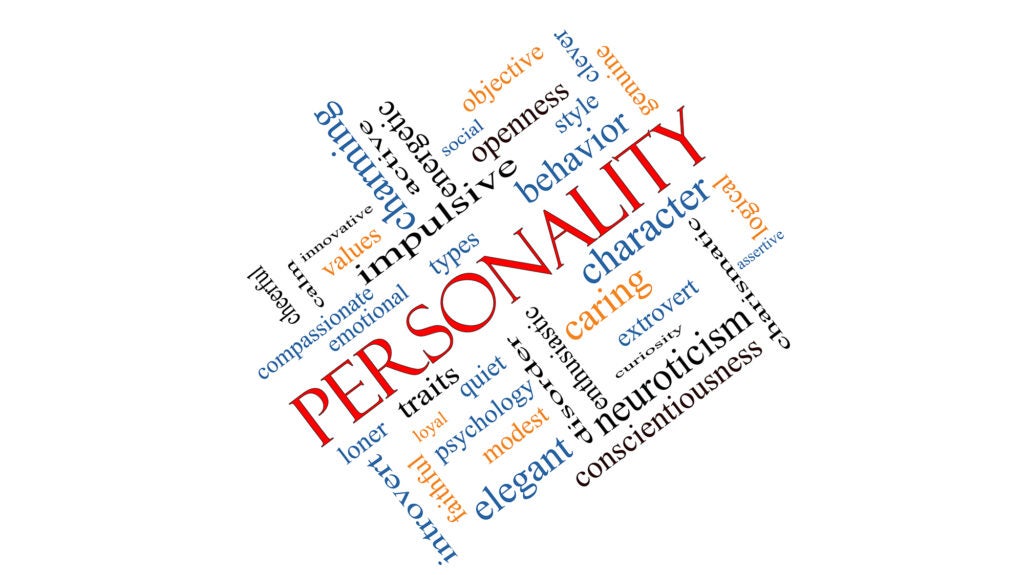Behavioral Economics Studio
Overview

At USC’s Behavioral Economics Studio (BEST), housed within the University of Southern California’s Center for Economic and Social Research, we partner with organizations to conduct behavioral experiments and leverage insights from behavioral economics to improve stakeholder outcomes. We are a team of experienced academics and PhDs with significant experience working with partners in the field to identify behavioral barriers, design and rigorously test interventions, and develop novel solutions to improve organizations’ effectiveness. We design experiments that simultaneously test both whether an intervention improves a targeted outcome and underlying academic theory to:
- improve stakeholder outcomes,
- expand the academic knowledge base, and
- develop novel behavioral insights that can be leveraged in future interventions.
We have successfully collaborated with government agencies, credit unions, non-profit credit counseling organizations, volunteer income tax assistance sites, and other organizations to transform service provision and improve consumer outcomes.
Our key capabilities:
- Expertise in behavioral economics and rigorous research design and evaluation;
- Deep knowledge of numerous topic areas, including financial decision-making, retirement, health, and education;
- Senior level PhD leadership on all collaborations and research projects;
- An ability to determine not only whether something works, but why it works in order to build scalable solutions;
- An in-house nationally representative internet panel allowing for rapid testing and refinement of interventions prior to use in the field.
The Challenge
People make mistakes. We frequently save too little, ignore medical advice, overthink small problems yet give too little thought to important choices, and fail to follow through with our plans. Importantly, decades of research in behavioral economics and psychology indicates that we often make these mistakes in systematic ways due to inherent decision-making and behavioral biases, and that the environment in which we make choices plays an important role. We focus too much on immediate benefits and underweight future costs, resulting in poor savings and health behaviors. We overestimate our self-control and fail to avoid situations in which we are likely to yield to temptation. We succumb to inertia and procrastination, preventing us from taking the next steps towards our goals.
A deep understanding of these biases, and the environmental influences that drive them, is critically important to the successful design and implementation of products, tools, programs and policies that aim to change behavior and improve well-being. Indeed, interventions incorporating behavioral economics insights have markedly improved outcomes in numerous areas including retirement savings, health behaviors, and educational attainment.
Projects

Selected Example Projects
Can Prize-Linked Incentives Promote Debt Reduction?
Prior research suggests that we tend to overweigh small probability events and that they have a disproportionately large impact on our behavior. Case in point: widespread interest in playing the lottery. Can lottery style incentives also help promote positive financial behavior? While evidence from the lab and correlational evidence from the field suggests that prize-linked incentives are attractive to consumers and may be motivating in inducing savings, there is little field evidence regarding whether they cause savings behavior change and essentially no evidence on whether they can help improve debt repayment behavior.
BEST researchers are partnering with a nationwide non-profit credit counseling agency to conduct the first large randomized controlled field trial in the US examining the efficacy of prize-linked incentives in promoting positive financial behavior. Randomly selected participants in the partner’s debt management plan (DMP) are receiving access to an intervention that links on-time debt repayment with a small chance of debt forgiveness. We are examining the effects of the incentives on timely debt repayment, overall debt reduction, delinquency, and bankruptcy and whether the incentives increase programmatic revenue through increased retention.
Services

We create partnerships to develop and test novel interventions, provide consultative services, and host workshop and training events.
Innovation Testing
We partner with organizations to develop and test novel interventions and behavioral theory to improve organizational outcomes and academic knowledge.
Consulting
We provide consulting services to organizations interested in receiving insights from academics on how to incorporate behavioral economics principles into their products and programs.
Workshops and Training
We develop and lead customized trainings and workshops to educate policymakers, practitioners, and executives on how they can incorporate behavioral insights into their products and programs to improve outcomes.
Contact us to find out more!